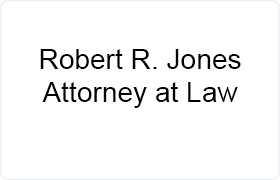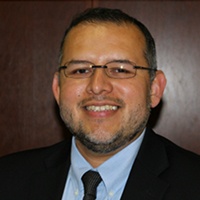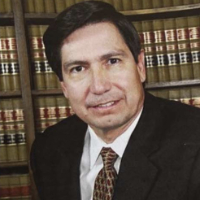San Antonio Misdemeanor Lawyer, Texas
Sponsored Law Firm
-
 x
x

Click For More Info:
-
Robert R. Jones Attorney at Law
3526 E. FM 528 Suite 204 Friendswood, TX 77546» view mapCriminal Defense Expert Representation for Reasonable Rates
If you need representation, call me 24/7.
800-883-8760
Jaime Aldape
✓ VERIFIEDCriminal, Felony, Misdemeanor, DUI-DWI
100% Criminal Defense
The Aldape Law Firm P.L.L.C. is 100% devoted to criminal defense. This includes: State and Federal Criminal Cases - examples: DWI, Drug Possession... (more)
Robert J. Barrera
✓ VERIFIEDCriminal, DUI-DWI, Felony, Misdemeanor
When you face civil or criminal charges, you need an attorney with the experience and competence to ensure the best possible outcome for your case. Tr... (more)
FREE CONSULTATION
CONTACTFREE CONSULTATION
CONTACTFREE CONSULTATION
CONTACTRobert Tylden Shaeffer
Juvenile Law, Misdemeanor, DUI-DWI, Criminal
Status: In Good Standing Licensed: 34 Years
FREE CONSULTATION
CONTACTLarry Dean Bloomquist
Criminal, Felony, Misdemeanor, White Collar Crime, DUI-DWI
Status: In Good Standing Licensed: 22 Years
FREE CONSULTATION
CONTACTCarolyn Marie Wentland
White Collar Crime, Criminal, Misdemeanor, DUI-DWI
Status: In Good Standing Licensed: 24 Years
Lea Ann Ream
Litigation, Employee Rights, Employment, Family Law, Misdemeanor
Status: In Good Standing Licensed: 33 Years
 Robert Jones Friendswood, TX
Robert Jones Friendswood, TX AboutRobert R. Jones Attorney at Law
AboutRobert R. Jones Attorney at Law Practice AreasSpecializations
Practice AreasSpecializations


